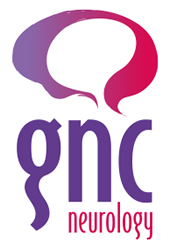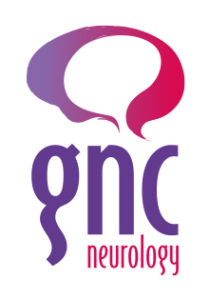
Useful Information
About neurology
A neurologist is a highly qualified medical doctor. Neurologists are very experienced in diagnosing and treating disorders of the nervous system (the central, peripheral and autonomic nervous systems). Neurologists also manage conditions that affect muscles (these are controlled by the nervous system).
After extensive general neurology training in all areas of neurology, a neurologist then develops a sub-specialist interest in a particular area of neurology.
You may need to see a neurologist because you have symptoms such as numbness, weakness, headaches, tremors, memory disorders, seizures or fainting spells.
You may need to see a neurologist if you have sustained a TBI (traumatic brain injury). You may be experiencing headaches, dizziness, sleep problems, memory, concentration or attention problems, in addition to visual problems, mood changes or irritability.
You may require an MRI scan, nerve conduction studies, or a referral to a neurosurgeon if you have a condition that requires surgical treatment.
What to expect during a consultation
During a neurological consultation, Dr Griffin will take a detailed history of both your current symptoms and your past medical history. You will have a physical examination which will focus on the functioning of the nervous system.
The information obtained from the history of your problem and from examining you will help to determine what the problem is and what part of the nervous system it affects. Further tests may be needed to confirm a diagnosis and ultimately guide any treatment.
Dr Griffin will discuss important aspects of your condition and treatment in clinic and this information will, if you wish, be sent to the referring clinician (normally your GP) and you will also receive a copy. If you would rather you or your GP are not copied in on any letters, then please advise Dr Griffin or her PA.
Sometimes it can be difficult to cover in detail everything you may need to know during a consultation. Dr Griffin will cover the most important aspects of your diagnosis and treatment. If you think there are questions that are not covered, then please let Dr Griffin know.
Most patients will need a follow up appointment to review the results of any tests or to judge response to any treatment started.
Neurological Disorders
Headaches
Headache is the most common neurological disorder seen in general neurology clinics.
As an isolated symptom, it is very rarely caused by tumours or a serious underlying disease. Nevertheless it is often still a significant problem and worry for the patient.
Parkinson’s Disease
Parkinson’s disease can present with a tremor, slowness in walking or a sensation of difficulty moving. Parkinson’s disease usually begins between the ages of 40 and 70 years, with peak age onset in the seventh decade.
Epilepsy and Seizures
Electrical activity is happening in our brain all the time. A seizure happens when there is a sudden burst of intense electrical activity in the brain. This intense electrical activity is called ‘epileptic activity’.
Multiple Sclerosis
Multiple sclerosis (MS) is a disease affecting the nerves in the brain and spinal cord, causing problems with muscle movement, balance and vision. A layer of myelin surrounds and protects the nerves and helps electrical signals travel fast and effectively. In MS, the myelin becomes damaged. MS is a demyelinating inflammatory disorder.
Neurological Investigations
MRI
An MRI scan is a Magnetic Resonance Imaging scan. It uses strong magnetic fields and radio waves to take pictures of the brain or spine. It produces very detailed pictures of the brain or spine.
Nerve conduction studies
Nerve conduction studies give doctors information about how well and how fast the nerves in your body send electrical impulses. This test can be used to check for various different types of problems with the peripheral nervous system.
The peripheral nervous system includes all the nerves in your body apart from those in your brain and within the spinal cord itself. Nerves in the brain and spinal cord make up the central nervous system.
EMG
An electromyogram (EMG) measures the electrical activity of muscles at rest and during contraction. Nerves control the muscles in the body with electrical signals called impulses.
EEG
An electroencephalogram (EEG) is a recording of brain activity. During the test, small sensors are attached to the scalp to pick up the electrical signals produced when brain cells send messages to each other. These signals are recorded by a machine and are looked at by a doctor later to see if they are unusual.
Get in touch
To get in touch, either use the form below, call on 020 8226 6261 or email pa@gnc-neurology.com

